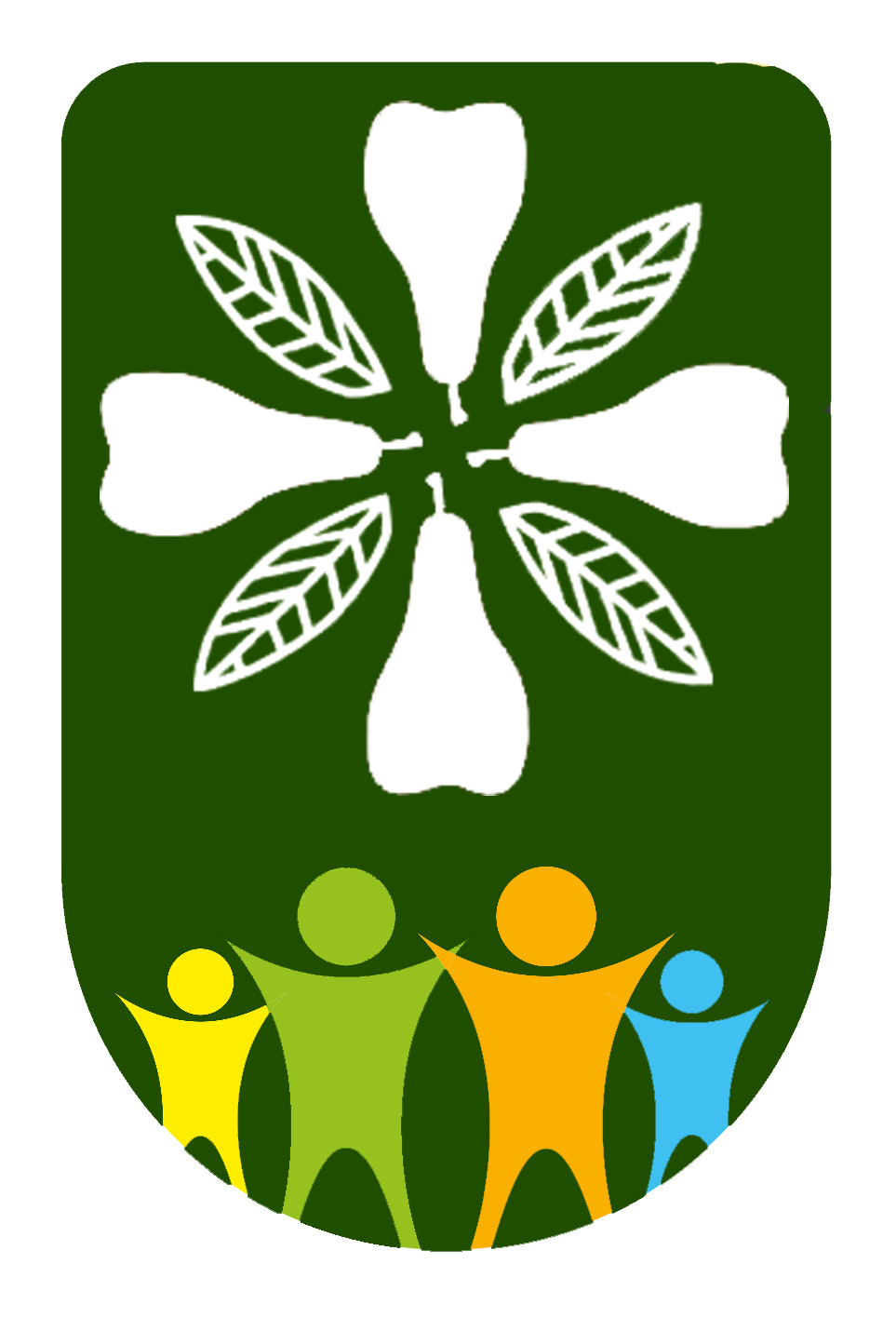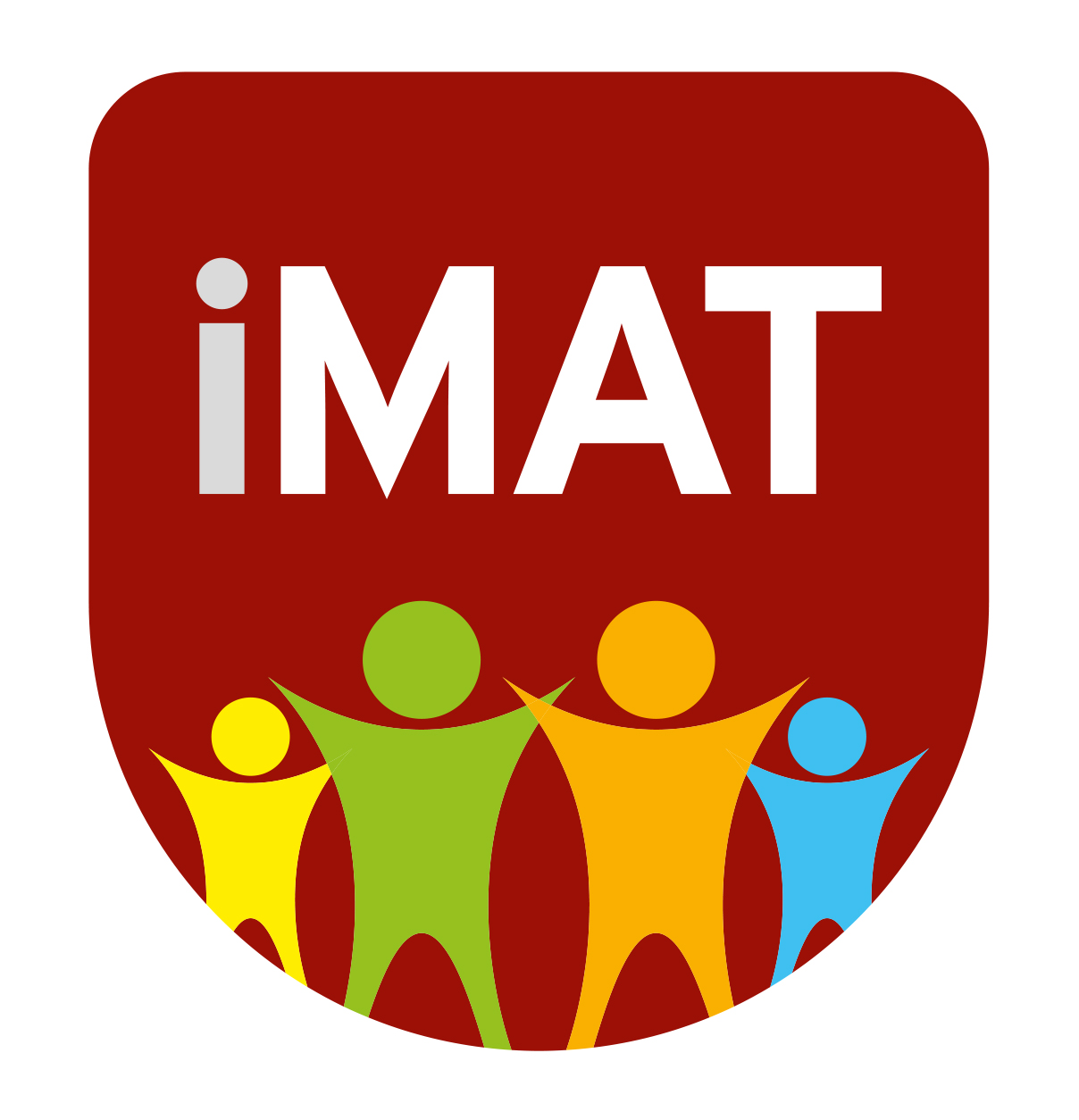Curriculum
Curriculum Intent and Rationale
Intent
At Paulerspury C.E Primary School, we aim to offer all pupils a curriculum that nurtures and develops the values, attitudes, knowledge and skills they need to flourish. With this in mind, we have implemented a creative, relevant, ambitious and aspirational curriculum which provides opportunities for children to connect their learning and make progress year on year. This engaging and challenging curriculum promotes active learning and enables pupils to be more ‘outward facing’. We aim for this, in turn, to lead to them becoming well-rounded individuals who are ready for the next steps of their learning journey and beyond.
We also want to foster in our pupils the Christian values of care, courage, creativity, forgiveness, honesty, hope, perseverance, respect, responsibility, thankfulness and trust. In particular, to provide opportunities for learning which enable our pupils to embrace these values as they progress through the school.
We aim to empower our pupils in developing their identity, as part of the local community and beyond as respectful, responsible global citizens. We want our pupils to understand they can make a positive impact in our community and the wider world and show empathy towards our fellow citizens.
Rationale for Implementation
We use Dimensions ‘Learning Means the World’ Curriculum as the main vehicle for achieving our outlined intent, with a view to providing an ambitious, highly visible curriculum offer.
This curriculum is underpinned by four highly relevant world issues, known as the four Cs:-
- Communication
- Culture
- Conflict
- Conservation
Communication
We believe that communication is the key to unlocking all learning and that positive and effective communication will, without doubt, enrich our children’s future lives, including opening doors to what may be, as yet unknown careers.
We recognise the need to focus on developing pupils’ confidence to articulate their learning confidently to different audiences. To be able to use subject vocabulary effectively in the correct context and to use this vocabulary to help them to express their thoughts and ideas. We recognise being able to communicate in a variety of forms, verbal, non-verbal, written and digital is a key life skill and therefore this focus on communication will be a touchpoint throughout the year.
Culture
As a school located in a village that is not culturally diverse and predominantly represents a White British demographic, our children have little exposure to other people groups or opportunities to experience different cultures. Through our curriculum, we want them to fully appreciate and embrace diversity by learning about and developing an understanding of a range of cultural heritages and the similarities and differences between different social groups in society. We want them to celebrate differences, value the importance of cultural identity and behave in a respectful and tolerant way towards others, regardless of faith, ethnicity or background.
Our pupils have a strong sense of our school culture, and we want them to grow as positive individuals within this culture, based on our values of care and respect.
Conflict
We believe conflict is very closely linked with communication and we want our pupils to understand that most conflicts result from poor communication. We also want them to understand that not all conflict is negative and that it can be an opportunity to develop a positive outcome through a conflict of opinions.
We want our pupils to reflect on historical conflicts and see what we can learn about their impact on society and the world we live in.
We are very proud of our pupils and their respect for each other. We want to build on this by helping our pupils develop strategies for dealing with minor conflicts in a positive way and learning to value and understand others’ viewpoints. We believe, by providing age-appropriate opportunities to begin to understand what conflict is in today’s world at all levels, globally and personally will help embed our values of forgiveness and responsibility
Once they begin to understand what conflict is in today’s world and can recognise catalysts for conflict, school should be a safe place to explore how to resolve disagreements without simply shutting themselves or each other down.
Conservation
Our pupils are nurturing and caring and all children already benefit from participating in Forest School. We want to extend this so that our pupils can care passionately about our world as global citizens. We feel they will do this best through a curriculum that puts sustainability at the heart of the curriculum, employing a more structured approach to developing environmental awareness and appreciation within and beyond our local community. We need our children to play their part in future thinking and problem-solving, as both advocates and activists for positive change, and not just as passive onlookers. We want them to understand that all our actions, however small, can have a positive impact.
We also encourage our pupils to have high aspirations by teaching them about human creativity and achievement through additional Competency Units about famous figures that focus on Creativity, Commitment, Courage and Community.
Mixed age classes
Due to the size of our school our pupils are usually taught in mixed age classes. This is normal for us and our teachers are very skilled at planning to accommodate this. When in a mixed class children are taught content from one of the year groups in that class but still develop the skills relevant for their own age group.
If you would like to know more about our curriculum, please contact the school office on 01327 811674 and ask to speak to your child’s class teacher.

